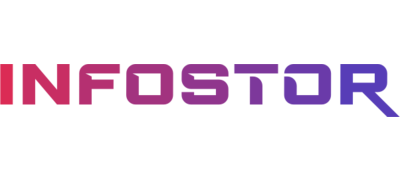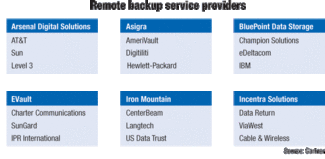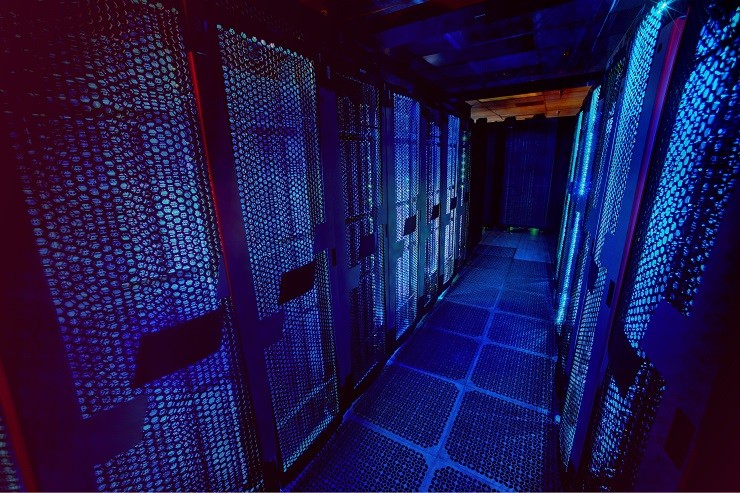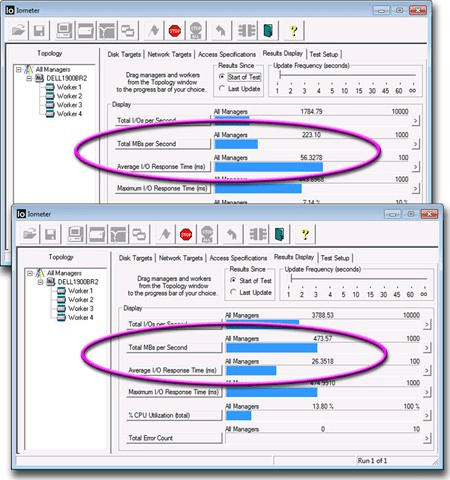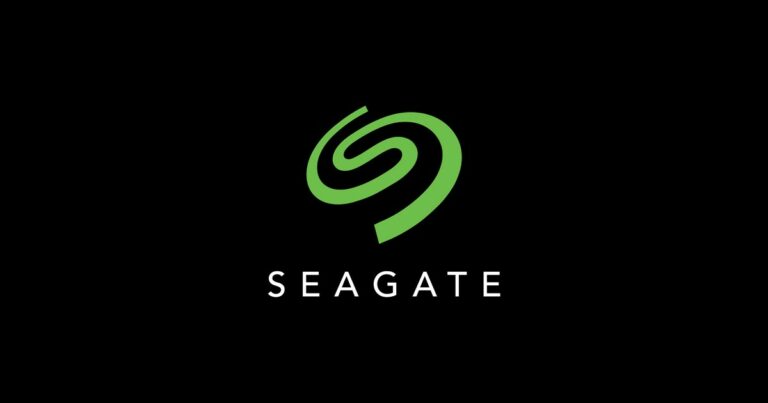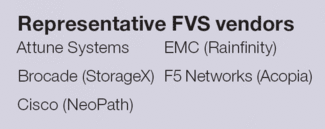The second day of the Storage Networking World show saw a wide range of product announcements relating to WAN-optimized storage services and Fibre Channel over Ethernet (FCoE). In addition, a pair of new start-ups officially entered the storage industry.
First up, Cisco today announced application delivery network capabilities for disaster recovery, security, and regulatory compliance that accelerate data-center traffic replication over WANs.
The newest version of the Cisco WAAS (Wide-Area Application Services) software now offers a Replication Accelerator mode that optimizes data-center replication capabilities for several storage applications to help overcome WAN bandwidth limitations when remotely replicating data over IP networks. The WAAS Replication Accelerator also encrypts data “at-rest,” with planned support for data-in-motion.
Cisco WAAS Replication Accelerator mode has been tested and validated for use with EMC’s SRDF and NetApp’s SnapMirror applications, and is supported on the Cisco WAE-7341 and Cisco WAE 7371 appliances.
EMC and NetApp gave the green light to the Emulex family of Fibre Channel over Ethernet (FCoE) Converged Network Adapters (CNAs). Emulex announced that its LightPulse LP21000 CNAs have been certified for use with NetApp’s newly announced native FCoE and Fibre Channel SANs as well as EMC’s SANs using the new EMC Connectrix NEX-5020 — EMC’s first FCoE switch — and Clariion, Celerra, and Symmetrix networked storage systems.
According to Joe Gervais, senior director of product marketing at Emulex, certifying the CNAs eliminates the last major hurdle to widespread adoption of FCoE technologies, which allows Fibre Channel traffic to flow over 10Gbps Enhanced Ethernet fabrics.
The CNAs also support Emulex’s Virtual HBA technology with N-Port ID Virtualization (NPIV), allowing customers to virtualize SAN connections so that each virtual machine has independent access to its own protected storage. Gervais says NPIV gives customers the ability to track and chargeback storage utilization at the virtual machine level using Emulex’s HBAnyware management suite.
On the start-up front, a new player has entered the data migration game. AutoVirt came out of stealth mode today to officially launch as a company and debut an automated data migration product geared specifically for networked Windows file systems.
Klavs Landberg, founder and CTO, says AutoVirt’s software — which is available exclusively as a software download — does not require any downtime, configuration changes, or client software agents. The software also operates out-of-band to avoid performance degradation.
Free versions of the software are currently being offered for trial tests. Production versions start at about $10,000, but typical deployments will be in the $25,000 range, according to Landberg.
In conjunction with the launch of the company, AutoVirt also announced completion of its A-round of financing of $4.5 million. The funds will be used for product development and preliminary go-to-market activities.
Another new company on the scene here at SNW is Tarmin Technologies, launched today and set to release its archiving and data management product by year-end.
Eric Herzog, Tarmin’s vice president of marketing and sales, says the upcoming product, dubbed GridBank, combines content-addressable storage (CAS), information lifecycle management (ILM), e-discovery, audit management, and several additional features in a single system.
GridBank uses standard server and storage hardware to form a grid-based active archive and scalable software platform. It is designed for long-term, fixed-content data preservation on cost-effective secondary storage tiers, including SATA disk drives and tape libraries.
LSI announced the Engenio 7900 midrange disk array. Software features include data migration, remote backup and, via LSI StoreAge SVM (Storage Virtualization Manager) software, replication and management services such as thin provisioning. Based on LSI’s XBB2 architecture, the Engenio 7900 delivers 6.4GBps of throughput on sustained reads, according to LSI officials.
Based on benchmark tests developed with the Enterprise Strategy Group and VMware, the system delivered 1.6GBps of aggregate throughput and more than 38,000 I/Os per second (IOPS). Response times of less than 20 milliseconds for more than 17,000 e-mail users and less than five milliseconds for more than 9,000 small database IOPS were achieved.
Host interfaces include 4Gbps Fibre Channel and 20Gbps InfiniBand, with scalability up to 256 Fibre Channel or SATA drives. Support for solid-state disk (SSD) drives is expected in the first half of 2009. Pricing for the Engenio 7900 will be set by LSI’s OEMs.
Also at SNW, LSI announced the fifth generation of SVM software, which includes centralized volume management, storage pooling, snapshots, volume copy, data migration, and mirroring applications. The new release provides up to a 10× increase in the number of snapshots and replication tasks per volume, as well as new features such as thin provisioning.
SVM Release 5 is priced at about $132,000 for a 10TB configuration with two LSI 8400 Data Path Models. A 10TB addition is priced at $59,000.
BlueArc announced software enhancements for its Titan line of “unified storage” systems in the areas of tiered storage and data lifecycle management. The company also announced interoperability with Data Domain’s de-duplication devices and extended its relationship with SSD supplier Texas Memory Systems.
The tiered storage is enabled by BlueArc’s Dynamic Read Caching, which automatically copies data to a cache for faster access to content held in nearline SATA storage. The technology also copies data automatically to faster storage tiers as needed. Other Dynamic Read Caching features include automated administration and expiration of cached files; support for one to eight nodes (including virtual servers); support for up to 500,000 cache-enabled files; and support for SATA, Fibre Channel and SSD drives.
ONStor introduced two new clustered NAS systems — the Cougar 3000 and 3510 — which are 1U systems that provide heterogeneous storage virtualization and multi-core storage network processors. Common features include a single NAS blade, 8GB of memory, scalability up to 4PB, and 160W power consumption. The two models differ in processing cores (five vs. seven), NFS IOPS (about 36,000 vs. 43,000), throughput read performance (285MBps vs. 370MBps), and throughput write performance (240MBps vs. 300MBps).
The Cougar 3310 has a list price of $31,995, while the Cougar 3510 is priced at $54,995.
